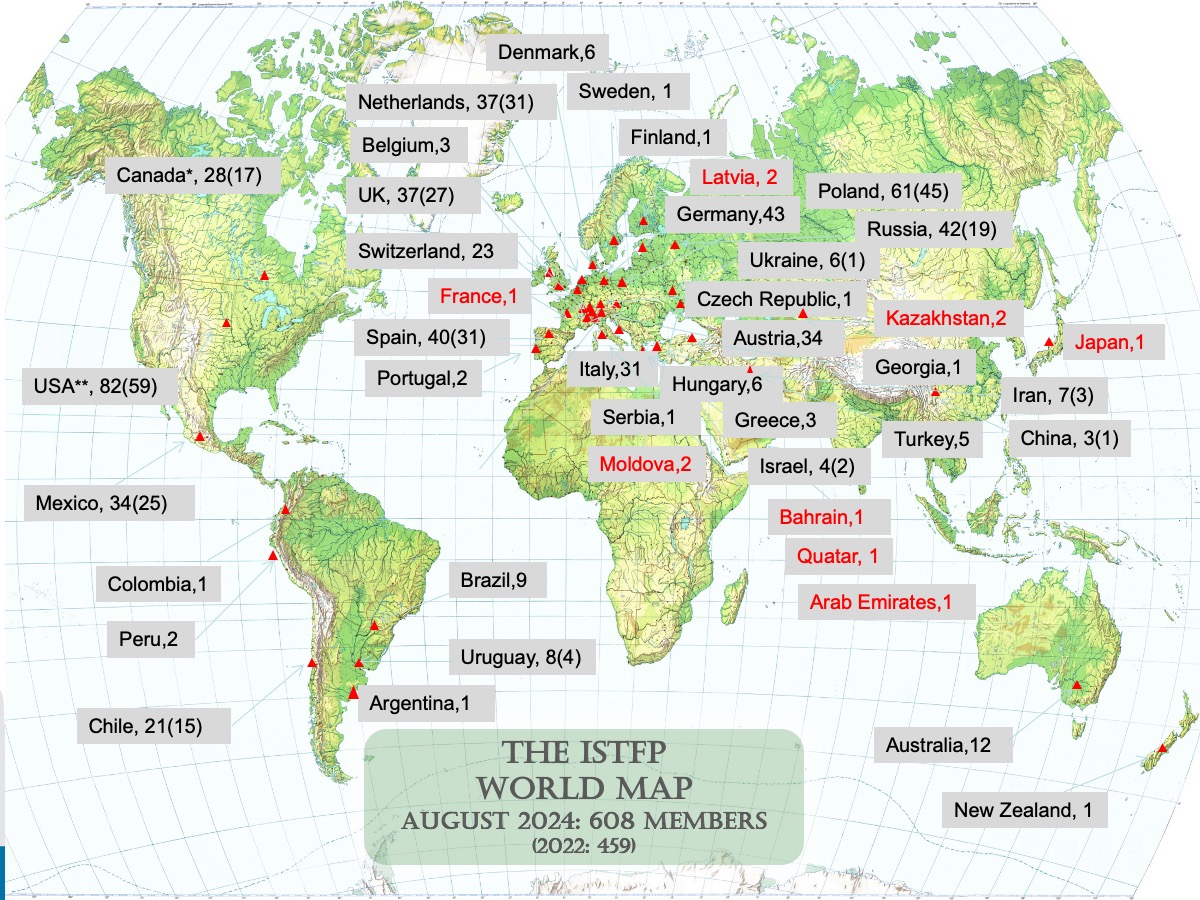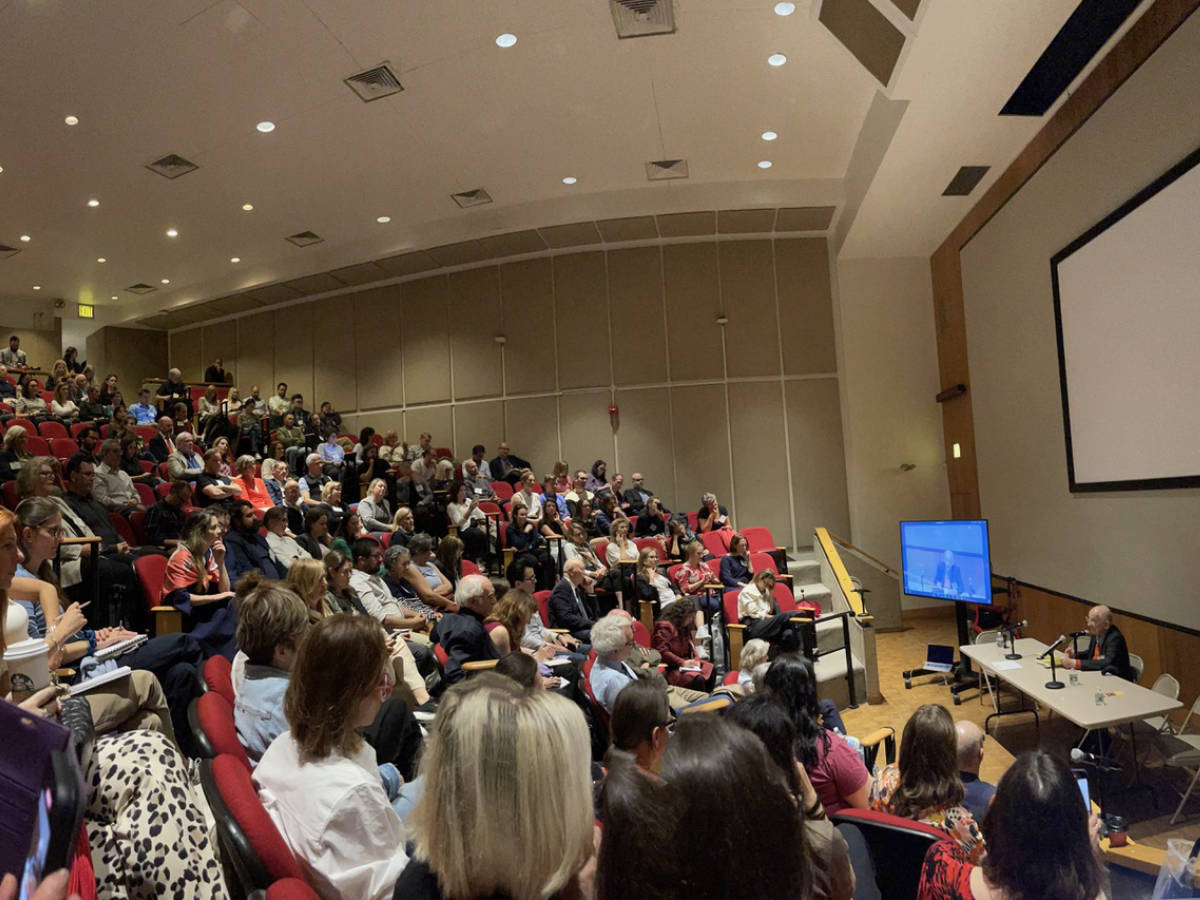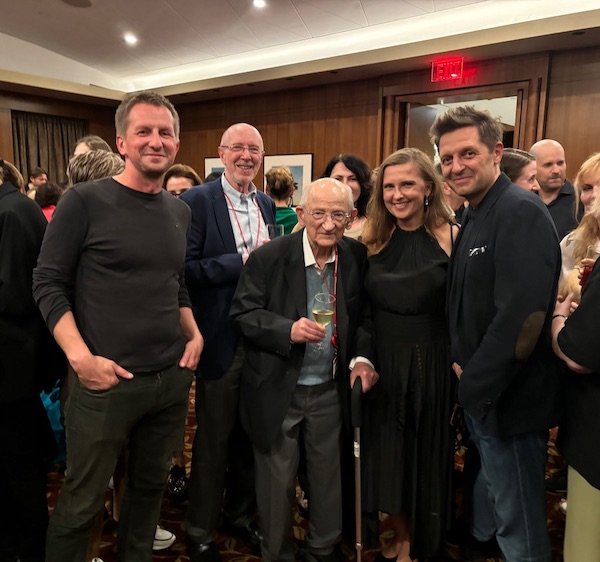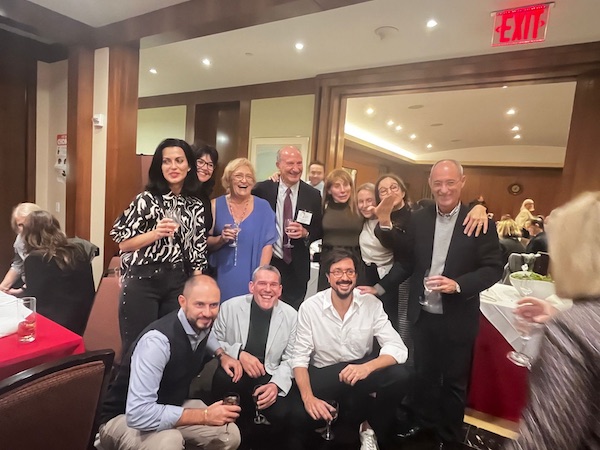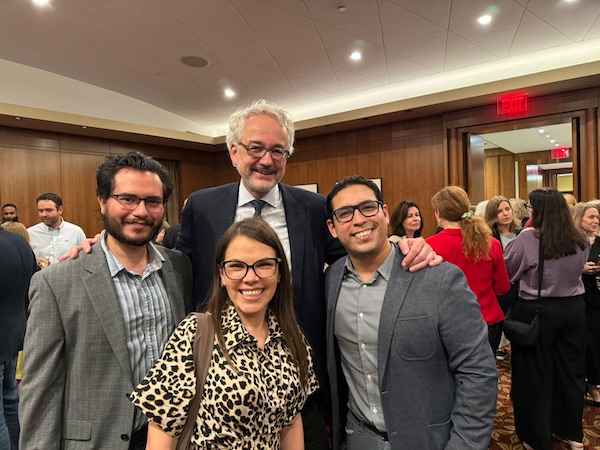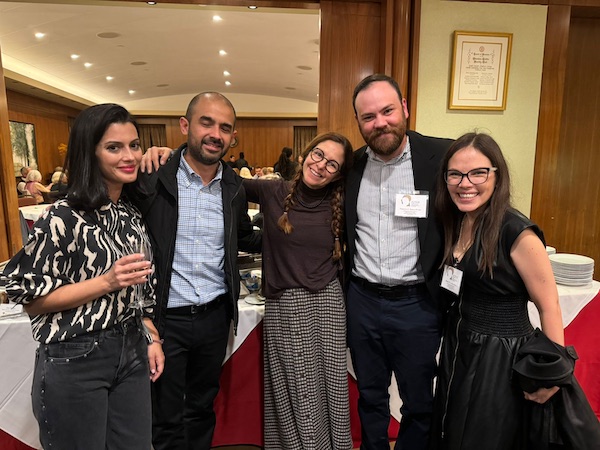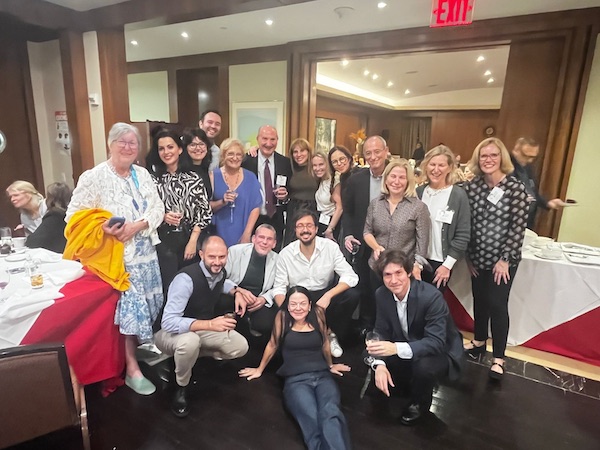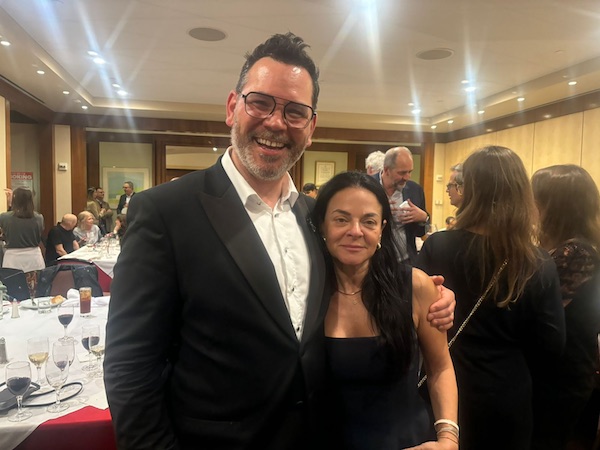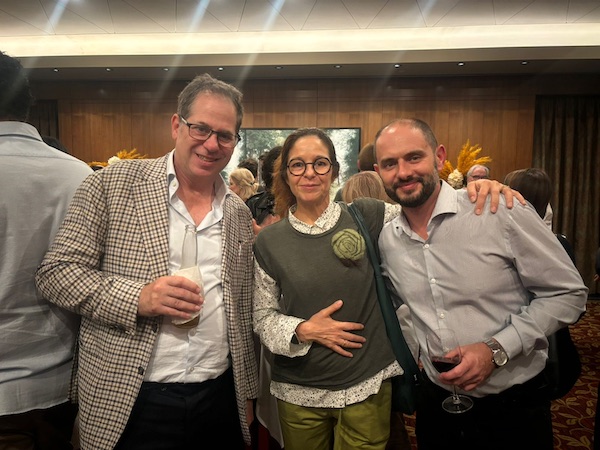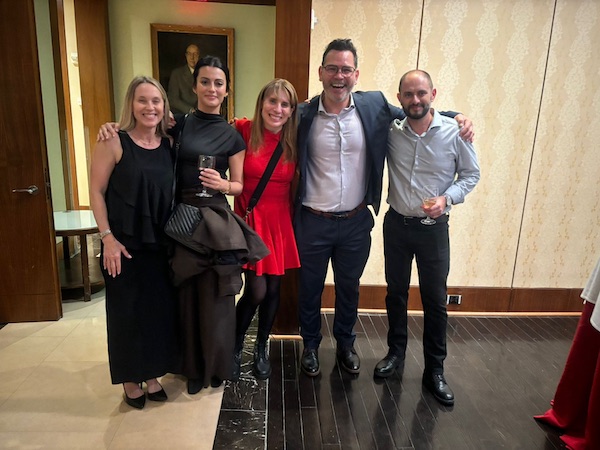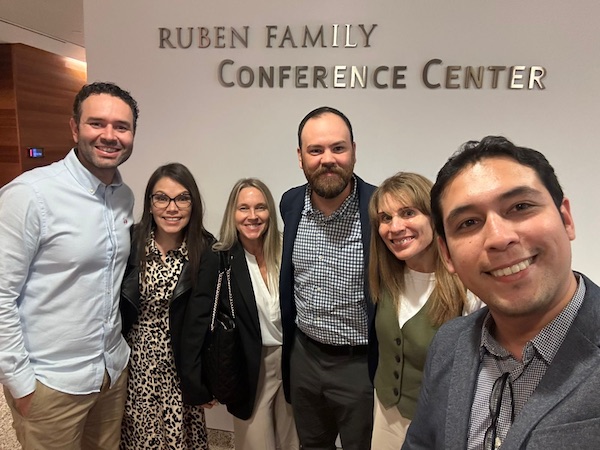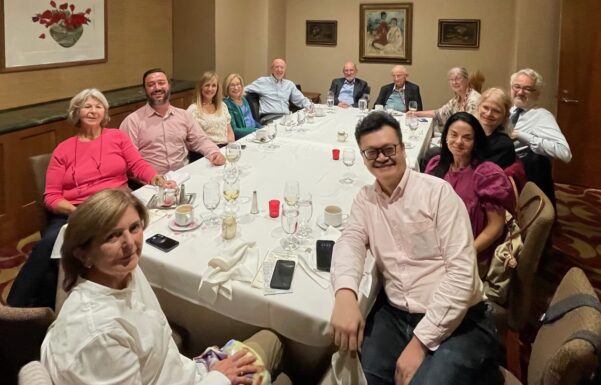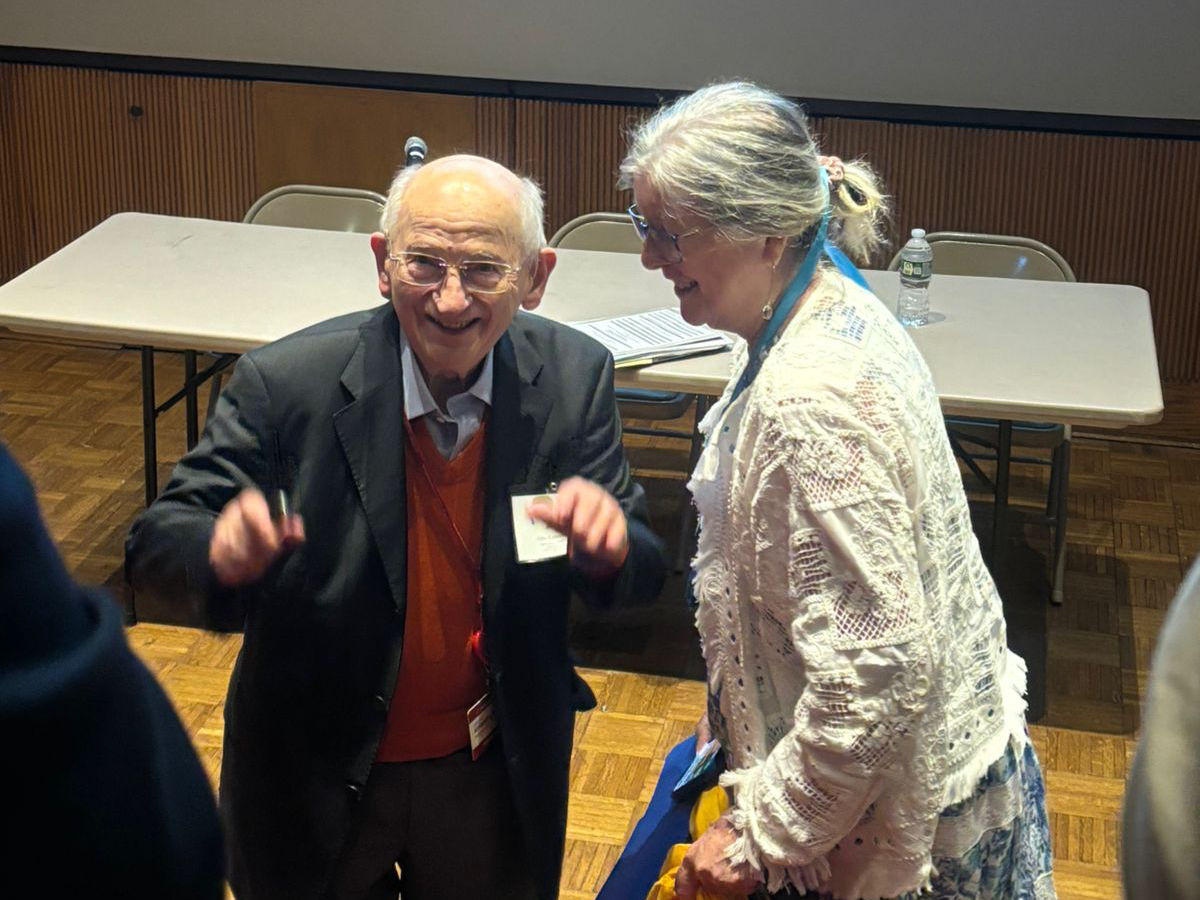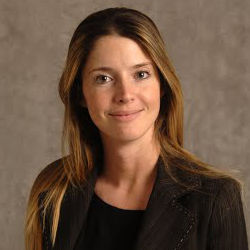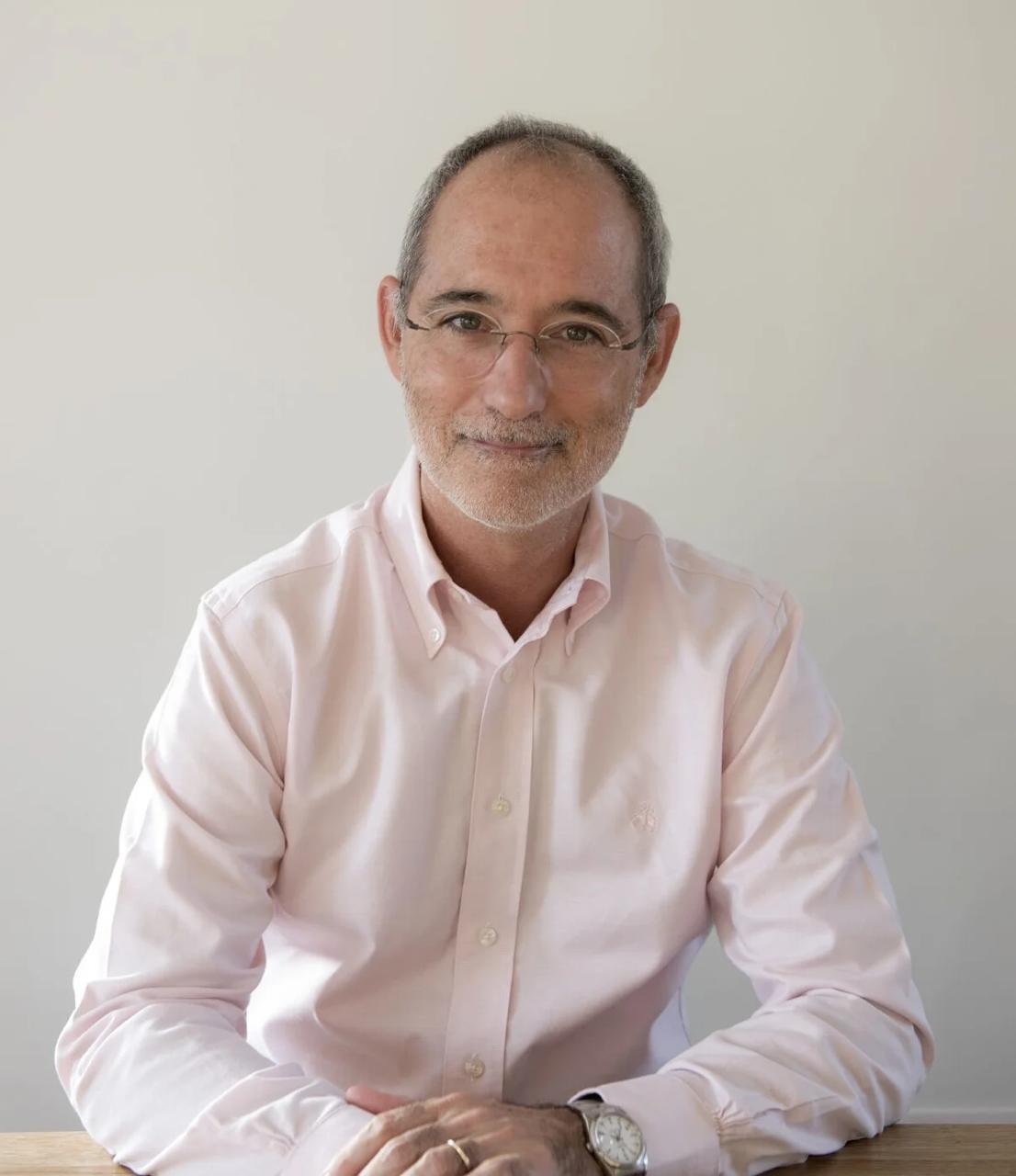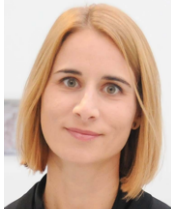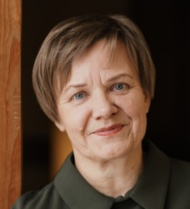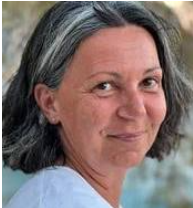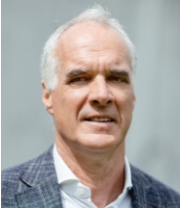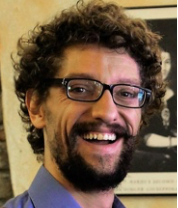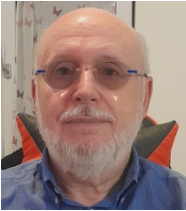Dealing with alliance ruptures: perspectives from different therapies. Featuring ISTFP member Tennyson Lee.
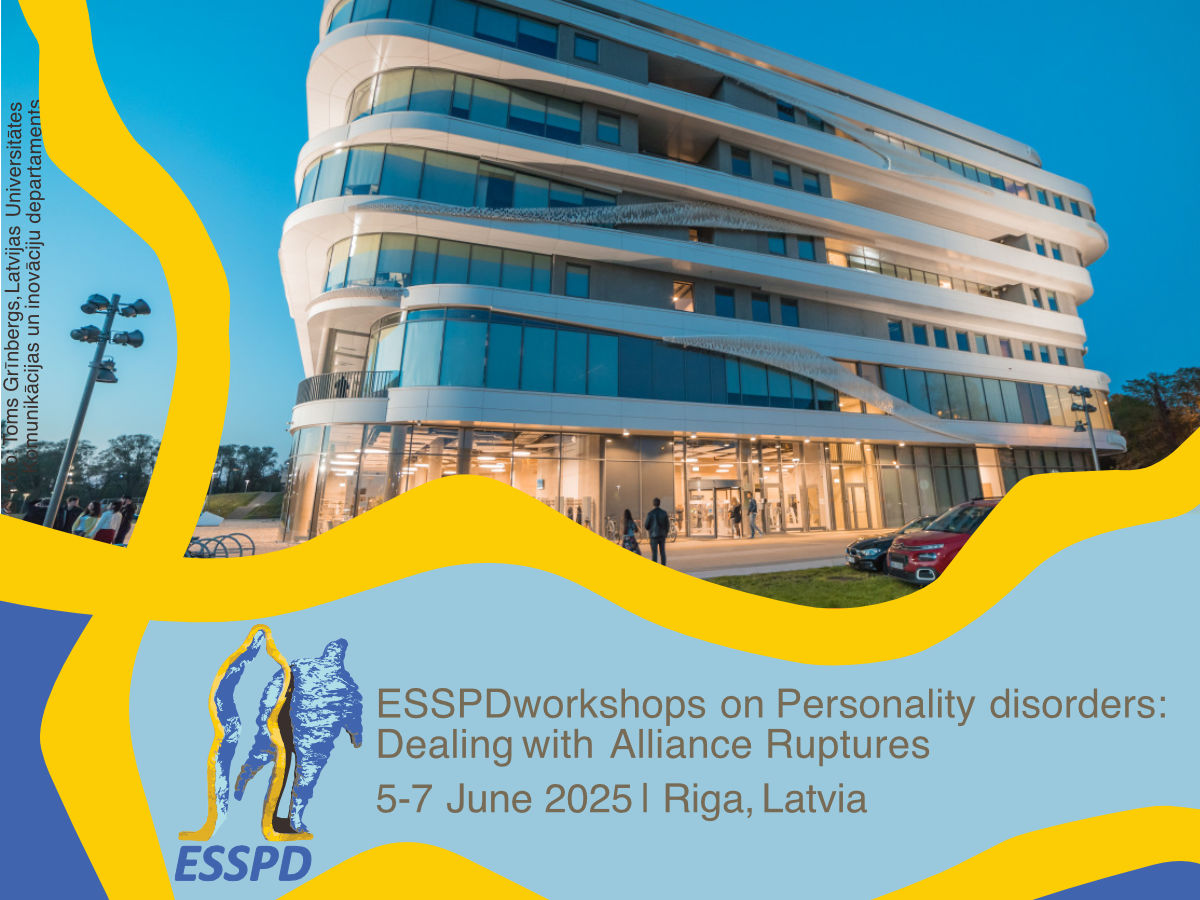
The ESSPD organizes clinically oriented workshop-conferences every few years. They are being organized in areas, where the evidence-based therapeutic approaches to personality disorder treatment may not be very strongly established. The theme for this workshop-conference is Dealing with alliance ruptures: perspectives from different therapies.
The conference will start with a more academic overview of research into alliance ruptures in treatment of personality disorders, to give the participants an understanding of wider theoretical background to the issue. It is then followed by a panel discussion of a case presented by our local hosts, during which all workshop leaders will comment on how they might address the alliance issues. Speakers may either describe or demonstrate potential responses.
Days 2 and 3 are identical, with three parallel workshops before noon and three in the afternoon. All participants can thus participate in four workshops.
Program
Thursday, 5 June
13:30–13:40 | Opening ceremony
13:40–15:40 | Plenary lecture
The Role of the Therapeutic Alliance in Psychotherapy Treatments: A View from the Evidence
15:40–16:00 | Coffee break
16:00–18:00 | case discussion
Friday, 6 June
9:00–13:00 | Parallel workshops
GIT-PD: Simple Principles for Common Factors in PD Treatment
How to mentalize a rupture?
Treating Therapy Interfering Behaviours in DBT
13:00–14:00 | Lunch break
14:00–18:00 | Parallel workshops
Limited reparenting in Schema Therapy: a practical way to confront patients in different phases of therapy
How to deal with high rejection sensitivity
The contribution of Transference Focused Therapy in anticipating, planning for, and managing alliance ruptures in the treatment of Personality Disorder
Saturday, 7 June
9:00–13:00 | Parallel workshops
GIT-PD: Simple Principles for Common Factors in PD Treatment
How to mentalize a rupture?
Treating Therapy Interfering Behaviours in DBT
13:00–14:00 | Lunch break
14:00–14:10 | Closing ceremony
14:20–18:20 | Parallel workshops
Limited reparenting in Schema Therapy: a practical way to confront patients in different phases of therapy
How to deal with high rejection sensitivity
The contribution of Transference Focused Therapy in anticipating, planning for, and managing alliance ruptures in the treatment of Personality Disorder
Faculty
Tennyson Lee (FRCPsych, M. Inst. Psychoanal., FFCH (SA)) is a Consultant Psychiatrist in Medical Psychotherapy and a psychoanalyst and member of the British Psychoanalytical Society. He is clinical lead at DeanCross Personality Disorder Service. He serves on the International Society of Transference Focused Psychotherapy certification board. He is lead on a TFP training project which has held courses in China, South Africa, Italy, UK, India and Malaysia. He is an accredited Mentalization Based therapist and is on the Clinical Register of the International Neuropsychoanalysis Society. He is Co-Director of the Centre for Understanding of Personality (CUSP), a research unit linked to Oxford University and Queen Mary University, London. He teaches on Personality Disorder nationally and abroad and has spoken on narcissism on BBC radio 4. He is also a seminar leader on a series on Narcissism at the Post Foundation Course of the Institute of Psychoanalysis.
Anna Babl, Ph.D. is an Assistant Professor of Clinical Psychology at Leiden University. She holds a Ph.D. in Clinical Psychology from the University of Bern and has completed postdoctoral training at Adelphi University in New York and the University of Bern. Her research focuses on transtheoretical mechanisms of change underlying psychotherapy, especially the therapeutic alliance and alliance rupture and repair, as well as innovative psychotherapy training.
Amy Gaglia Essletzbichler is an accredited Dialectical Behaviour Therapist Supervisor (SfDBT). She is a consultant trainer in DBT with BiDBT. Previously she was the Co-Deputy Director of the PG Dip in DBT at Bangor University, which is a programme funded by Higher Education England. She volunteers with the Society for DBT in the UK and Ireland and is currently in the role as the Chair of the Board.
Babette Renneberg is Professor of Clinical Psychology and Psychotherapy at Freie Universität Berlin, Germany. She is head of the university outpatient clinic for psychotherapy and of the ZGFU, a training institute for child and adolescent psychotherapy. She is a licensed psychological psychotherapist, supervisor and trainer in CBT.
Focus of her research are personality disorders and social anxiety disorders as well as the role of social factors in mental disorders. She has developed innovative CBT treatment programs for particularly impaired groups: e.g. for people with extreme social anxiety, severely burnt patients with scars and disfigurements, and mothers with small children who face particular problems in parenting due to their borderline personality disorder.
Charlotte Rosenbach is Professor for Clinical Psychology and Psychotherapy at Health and Medical University Erfurt, Germany. She is licensed cognitive behavioral therapist. In her research, she focuses on rejection sensitivity, translated and published questionnaires to assess Rejection Sensitivity and is currently developing cognitive-behavioral treatment modules for patients with high rejection sensitivity.
Msc. Chris Korevaar is a Clinical Psychologist / Psychotherapist. He works as a clinical psychologist at an outpatient mental healthcare institution. He applies Schema therapy both individually and in groups with adult patients as well as young adults. Chris is supervisor and trainer for the International Society of Schema Therapy (ISST) and the Dutch Institute of Schema Therapy.
Joost Hutsebaut is a clinical psychologist, working as a therapist and researcher at de Viersprong,
a specialized center for the assessment and treatment of personality disorders in the Netherlands. He
mainly works with young people with (emerging) borderline PD and their families in an MBT-based
early intervention program. He also co-authored the Quality manual for MBT and studied the
implementation of MBT in the Netherlands. He’s the principal investigator of the Assessment research
line of de Viersprong and conducted research on the Alternative Model for Personality Disorders.
Joost is also related to the Dutch Center of Expertise on Personality Disorders and co-authored the
Guideline-Informed Treatment for Personality Disorders, a nation-wide project to improve
management of personality disorders. He published several research and general papers on young
people with PD, assessment of level of personality functioning, and generic treatment for PDs.
Svenja Taubner is a clinical psychologist and psychoanalyst and serves as full professor and director at the Institute for Psychosocial Prevention and Psychotherapy at the University of Heidelberg in Germany. She studied in Bremen and had scientific positions at the Universities Bremen, Ulm, Kassel and Berlin and was fellow at the Hanse Institute of Advanced Study before she was appointed full professor at the University of Klagenfurt, Austria.
Among her many interests is clinical applications, development and research on mentalization based treatments, transgenerational transmission of trauma and the psychological understanding and treatment of aggression. She is president of the MBT-D-A-CH (MBT association in German-speaking countries) and member of the German Scientific Psychotherapy Chamber. Currently, she is deputy spokesperson of the inerdisciplinary DFG-research training program on ”Ambivalent Enmity”.
Date and location
The next ESSPD clinical workshop-conference will take place in Riga, Latvia on 5–7 June 2025.
Fees
It is currently not possible to purchase access to single workshops or sessions.
Until 30 March, 2025
Reduced fee*: 200 €
Full fee**: 300 €
Super reduced fee (nurses and students): 125 €
After 30 March, 2025
Reduced fee*: 250 €
Full fee**: 350 €
Super reduced fee (nurses and students): 180 €
*The reduced fee applies for participants working or studying in the following countries: Latvia, Albania, Bosnia and Herzegovina, Bulgaria, Croatia, Cyprus, Czechia, Estonia, Georgia, Greece, Hungary, Lithuania, Montenegro, North Macedonia, Poland, Romania, Serbia, Slovenia, Turkey, Ukraine.
**The full fee applies for all other participants.
Registration
Click the registration link
Deadline for registrations is 15 May 2025



